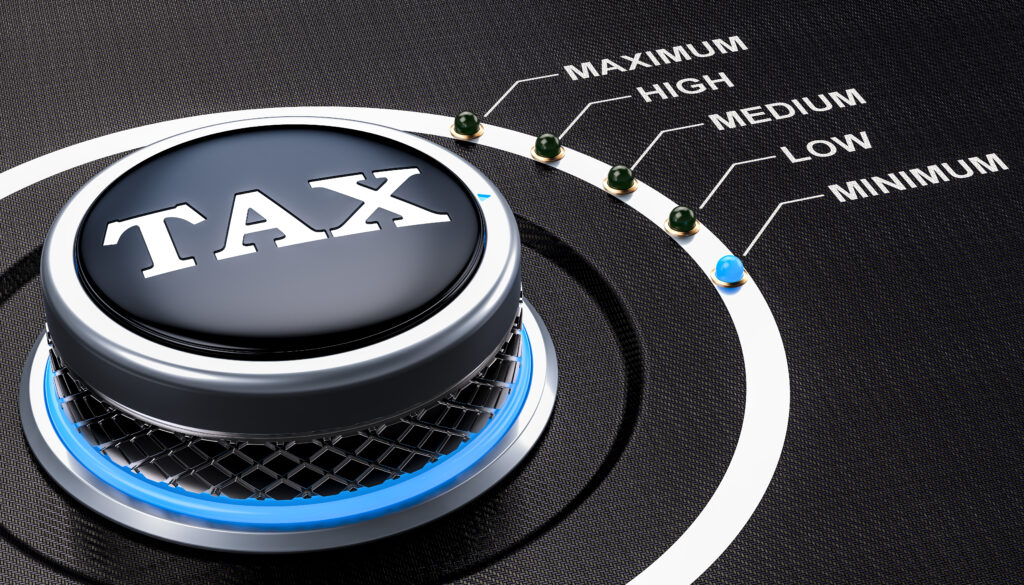Is The U.S. Really a Low-Tax Country?

Many U.S. taxpayers feel that our country’s taxes are too high, no matter which economic class you’re in. Likewise, regardless of which side of the political world you rest, most people would agree that the U.S. tax system needs some serious upgrading, and not just some fine-tuning. However, it appears that compared to many of the other developed countries in the world, the U.S. is actually on the low end of the tax scale.
According to the Organization for Economic Cooperation and Development, some of the most recent numbers show that about 30 other developed economies have higher taxes than the United States. In 2014, the U.S. government collected 26 percent of the gross domestic product revenue, which was way below the average of the rest of the world, which is 34.4 percent.
Of the 30 countries included in the report, there were only three economies that had a smaller tax percentage than the United States: South Korea, Chile and Mexico. Denmark leads the list with the highest percentage; a whopping 50.9 percent, and France, Italy, the U.K. and Germany were all over 30 or even 40 percent as well.
So why do U.S. taxpayers complain so much about taxes, if the country is actually towards the bottom of the list? It’s because the U.S. is the only country on the list that doesn’t use a Value Added Tax, or VAT. A VAT helps supplement revenue from other sources, which raises nearly 7 percent of the GDP in these countries. The U.S., on the other hand, has to count on other taxes to supplement its revenue because it does not have a VAT. And that won’t likely change any time soon.
Overseas Account Penalties Increase As More Banks Sign On
Overseas Account Penalties Increase As More Banks Sign On It seems that every month we share an article describing the ever-increasing reach of the IRS throughout the world as they attempt to put a stop to any and all taxpayers who would try to avoid paying their fair amount of taxes. This month is no…
Tax on Foreign Income of US Citizens or Residents
Tax on Foreign Income of US Citizens or Residents Foreign Earned Income Exclusion Individual US citizens and residents are taxed on their worldwide income. However, IRC Sec. 911 provides that qualified taxpayer can elect to exclude foreign earned income up to $87,600 from taxable income. (Read IRS Pub 54 for more details.) The qualifications are:…
IRS Eases Reporting Burden on Corporations and Shareholders
IRS Eases Reporting Burden on Corporations and Shareholders WASHINGTON — The Internal Revenue Service today announced new regulatory revisions that will reduce the reporting burden on corporations and shareholders while also making it easier for them to file their tax returns electronically. The announcement is part of an on-going effort by the IRS to remove…
How Is That Federal Tax Code Treating the Uber Rich?
How Is That Federal Tax Code Treating the Uber Rich? Earlier this year in his annual State of the Union Address, President Obama spent much of his speech discussing taxes. Specifically he talked greatly about the unfair tax system that favors the rich. If the president’s claims were to be believed, then you would think…




